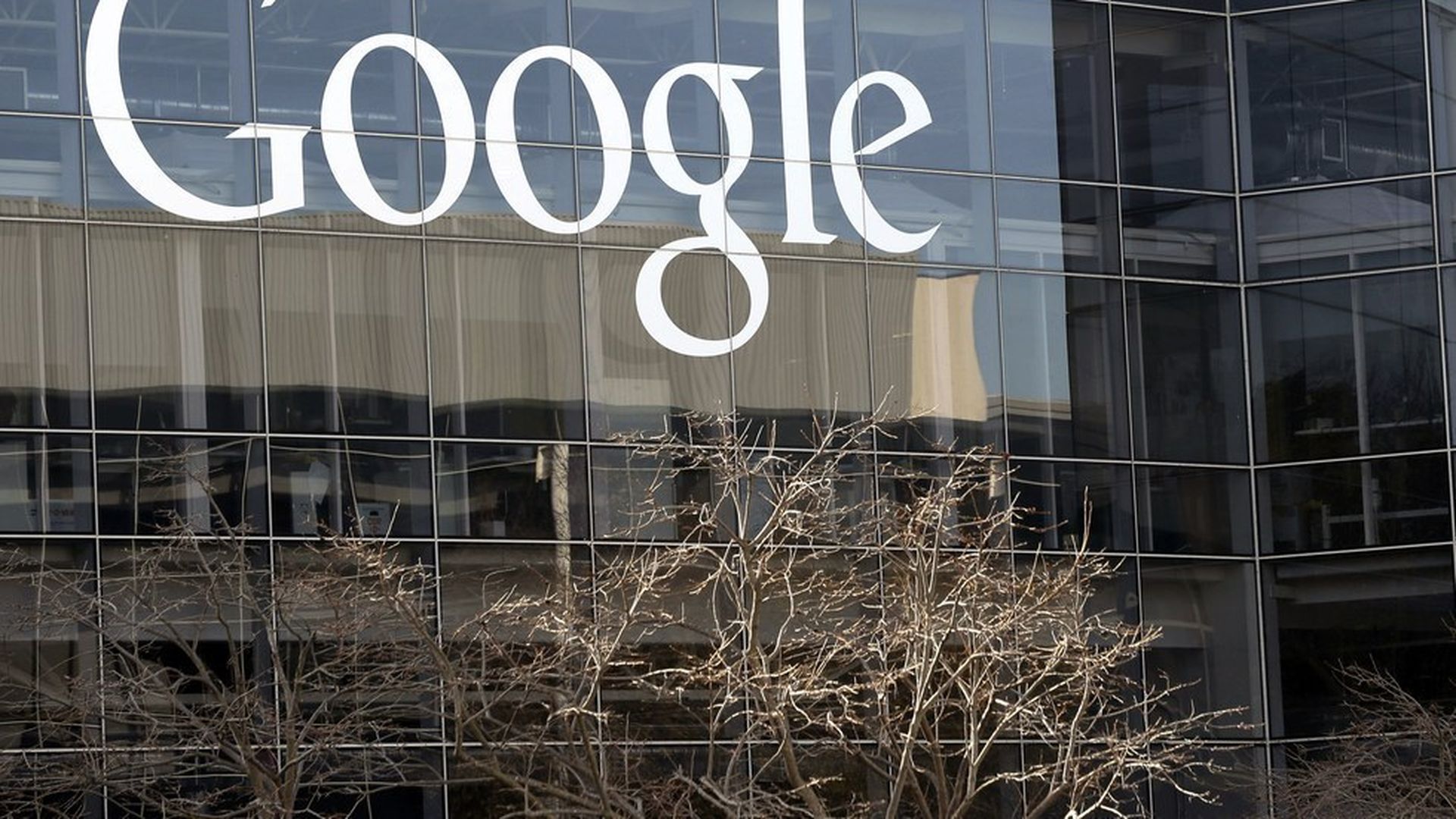Mar 15, 2017
Google enlists humans to help weed out bad content
Add Axios as your preferred source to
see more of our stories on Google.

AP Photo/Marcio Jose Sanchez, File
Add Axios as your preferred source to
see more of our stories on Google.

AP Photo/Marcio Jose Sanchez, File